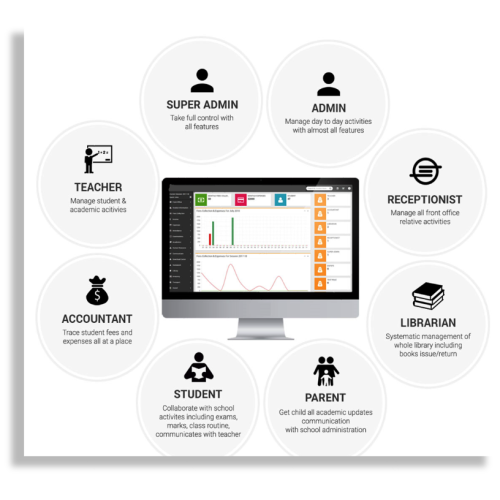Online eCommerce

1. Product Catalog Management
- Product Listings: Create, organize, and manage product details, images, and variants (sizes, colors).
- Inventory Tracking: Real-time stock levels and low-stock alerts.
2. Shopping Cart and Checkout
- Customizable Cart: Save items and calculate tax and shipping in real-time.
- Guest Checkout: Allow quick purchases without mandatory account creation.
- Multi-step or One-Page Checkout: Flexible checkout flows for better user experience.
3. Payment Gateway Integration
- Multiple Payment Options: Support for credit cards, digital wallets, and bank transfers.
- Secure Payment Processing: Encrypted transactions for customer security.
- Multi-Currency Support: Handle payments in different currencies.
4. Shipping and Order Management
- Shipping Calculations: Real-time shipping rates based on weight, location, or carrier.
- Order Tracking: Real-time updates on shipping and delivery status.
- Returns and Refunds Management: Streamlined process for handling returns and refunds.
5. Customer Management
- User Accounts: Track order history and preferences for returning customers.
- Personalized Recommendations: AI-driven product suggestions based on browsing history.
- Customer Support Integration: Chatbots, email, or help desks for query resolution.
6. SEO and Marketing Tools
- SEO Optimization: Customizable URLs, meta tags, and keywords for better search visibility.
- Discounts and Coupons: Create promotional codes, discounts, and seasonal offers.
- Email Marketing Integration: Send newsletters, abandoned cart emails, and personalized offers.
7. Mobile Responsiveness
- Mobile-Friendly Design: Responsive layouts that adjust to any screen size.
- Mobile App Integration: Native apps for better engagement and user experience on mobile.
8. Analytics and Reporting
- Sales Reports: Track revenue, conversion rates, and customer trends.
- Inventory Reports: Monitor stock levels and replenishment needs.
- Customer Behavior Insights: Identify best-selling items, cart abandonment rates, and user activity.
9. Security and Compliance
- SSL Certificates: Ensure secure transactions and customer data protection.
- PCI Compliance: Adherence to Payment Card Industry standards for data security.
- GDPR Compliance: Tools to manage data privacy and customer consent.
10. Third-Party Integrations
- ERP, CRM, and Accounting Integration: Sync sales data across business systems.
- Marketplace Integration: Connect with Amazon, eBay, or Google Shopping for multi-channel selling.
- Social Media Integration: Sell directly through social media platforms like Facebook and Instagram.




